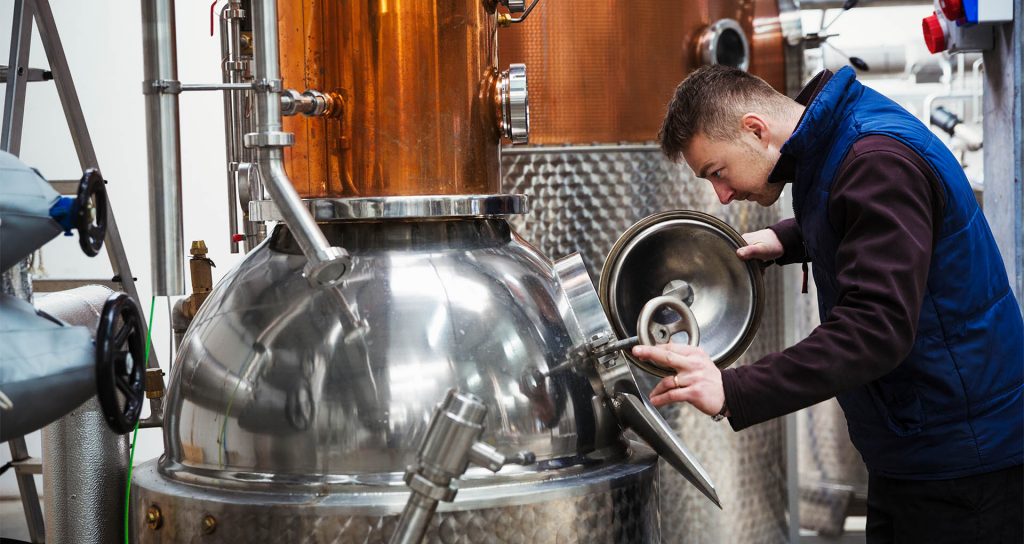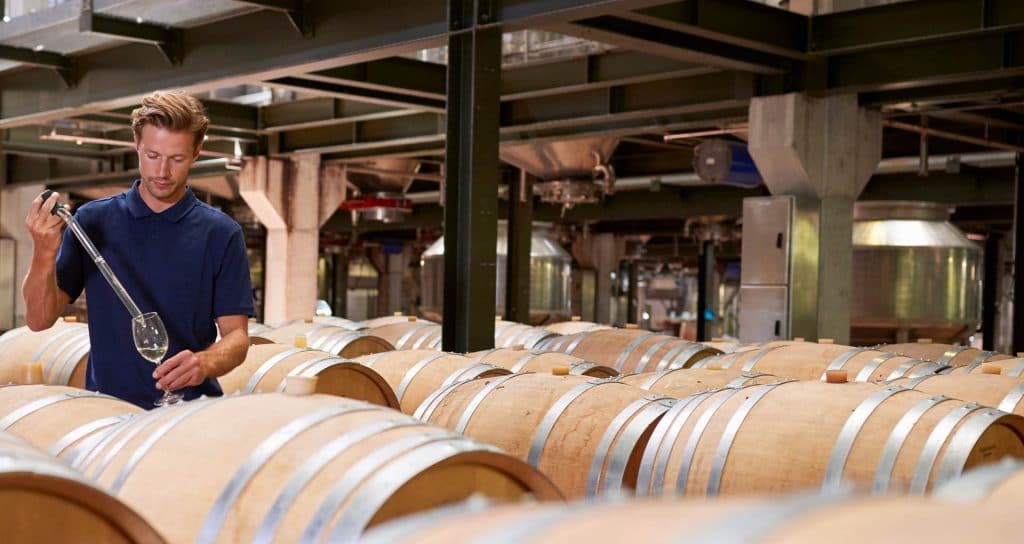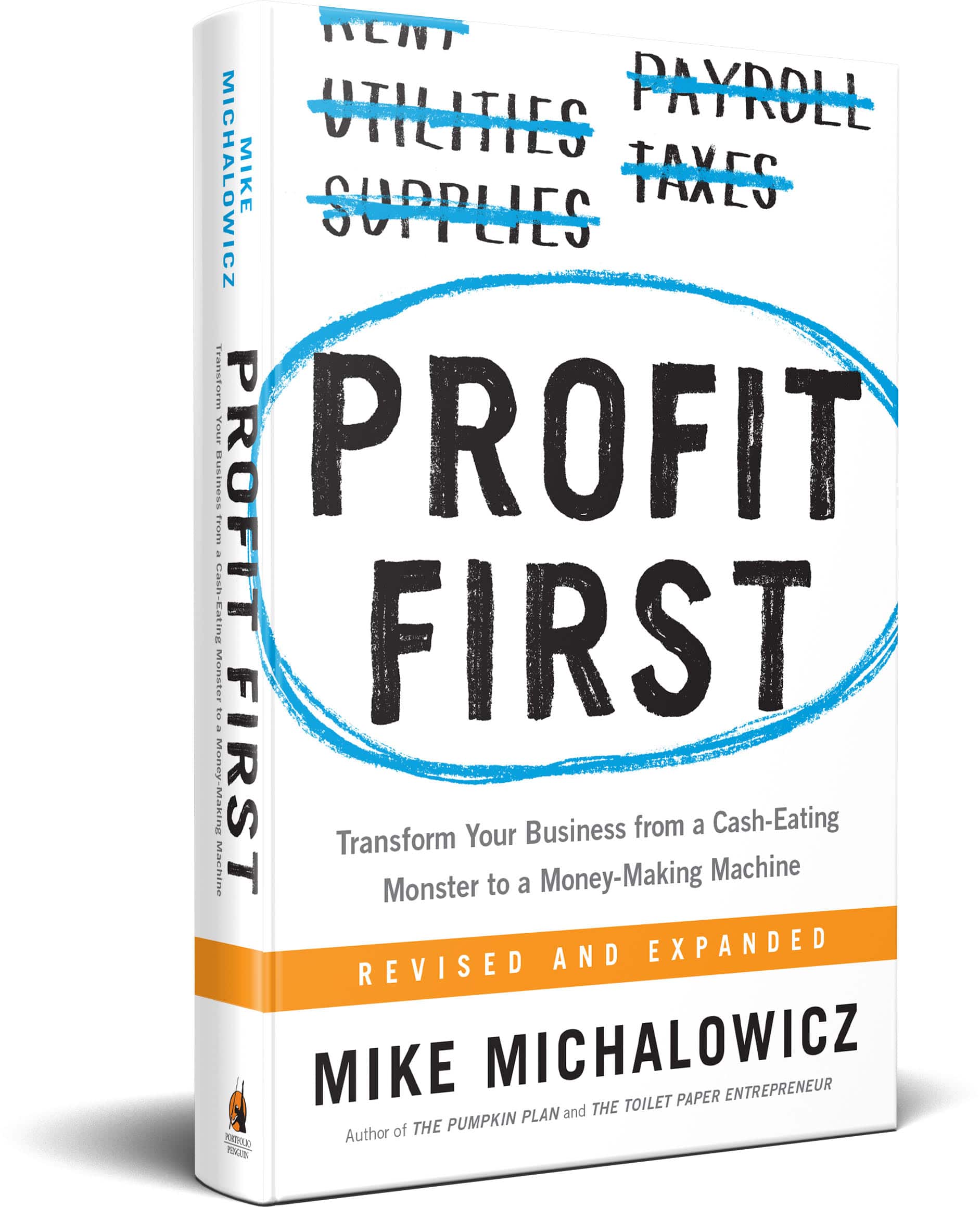Distillery Profit First Case Study
Distillery – Natural Beverage Co – Rhys Bailey (real name withheld for commercial reasons)
Location – VIC, Australia
In April last year, we published two articles. “What is Profit?” discussed how to take an actual profit distribution from your business; and “Making Great Gin, Failing at Business?” looked at how implementing solutions like the Profit First cash management system can really help you improve the financial performance of your distillery.
Before you make a change to your business, you need to know that it works. It’s all very well to read articles that tell you in theory what you need to do, but seeing it work in real life is a different story.
So here’s a real life case study of a distillery client that I worked with to implement the Profit First system. You’ll be able to see how we implement the sytem, and the practical benefits of this cash management system for your distillery.

Getting Started…
I worked with Rhys Bailey of Natural Beverage Co (real name withheld by request, for commercial reasons) late last year. Rhys has a distillery in regional Victoria, producing around 2,500 cases of gin and vodka per year. He sells to independent bottle stores, major retailers and direct to consumers.
When I asked Rhys why he wanted to implement Profit First, he said:
“The Profit First concept means a lean growth mindset which passionate creators often neglect. It also means valuing your own time as a manager and founder”
Every time I implement Profit First with a distillery client (or any other business), I start with two things:
- Access to the accounting records; and
- An understanding of what you want to achieve, personally and for the business.
Every business is different, and every business owner is different. Sure, you can read Profit First and try to implement it in your business based on the book. But to get the best results, you need to talk to a Profit First Professional like me. I take into account the needs and wants of distillers like Rhys, and help them to implement a unique solution that’s tailored for their business.
Once Rhys had granted me access to the accounts, I took some time to analyse the business cash flow, and to come up with some solutions based on his unique needs.
The first priorities were dealing with the issues created from having a single bank account and the constant need to juggle between paying Excise Tax to the ATO, suppliers wanting payment, no surplus cash and no pay to the Director for all the work that he was doing.
Sound familiar?!
Creating A Plan
As always, I started by reviewing the accounting records and asking further follow up questions. A week after starting, I had an 11 page report, complete with recommendations, ready for Rhys.
The main recommendations revolved around:
- Improved cash management to ensure that Rhys, as Director, was getting paid for the work that he does AND the shareholders getting a dividend (just like you would if you bought shares in Diageo).
- Profit and operational improvement plans.
“Whoa, how many bank accounts?”
Invariably, that’s the most common initial shock we get. BUT it works! Each account holds the cash you need for all important aspect of the business. I look at what additional accounts are required, specific to the needs of the particular business. Some may need to open a whole bunch more and others may just need to add a couple more and restructure how they use existing accounts.
Accounting packages like Xero make it super easy to reconcile so many accounts. Some of the accounts will only have 1 or 2 transactions per week so you’re not really adding anything to your weekly or monthly bookkeeping tasks (and don’t forget you can outsource your bookkeeping so that you can concentrate on more important matters!).
Rhys says:
“The process is simple, it requires discipline, but is incredibly rewarding (similar to the Barefoot Investors bucket concept). Setting up additional bank accounts can be daunting but is easy and encourages accountability. ”

Implementation
“OK, but how do we do it?”
That’s the next question that I usually get after the initial shock subsides. Thought process runs to the practicalities and Rhys was no different. My aim was to help him to stop:
- paying suppliers as soon as cash comes in
- having no cash for anybody the week before the Excise Tax is due
So, to make everything run smoothly, we agreed that instead of the daily cash in, cash out cycle, we would:
- Pick one day in the week
- On that day we’d get on a call and;
- Together, split the entire weeks takings between the bank accounts (based on agreed percentages, which are part of the review and implementation report) then;
- Any payments would be paid by the director; and
- Continue this process for 13 weeks.
13 weeks might seem like a long time but this period helps to build your financial muscle memory. As we know, it takes time to develop good habits and for them to become ingrained. Doing things this way actually frees up time. You batch your tasks into a weekly process to replace the daily knee jerk reaction every time you look at your bank account.
Results
So, where is Rhys at now?
The initial 13 weeks have passed and Rhys is now around 25 weeks into the new system. He’s really happy with the results, and can see that things will get even easier over time. Some of the most notable results are:
- BAS and Super have been paid on time
- Excise Tax is completely under control
- Rhys as Director is finally drawing a salary
- Funds are building in a Profit account in readiness for a dividend to the shareholders and for building a ‘rainy day’ cash buffer.
I’m really pleased to see that Rhys is sticking to the new habits, and that he’s achieved such great results already. No matter how many times I do this, I get such satisfaction from seeing clients kicking their financial goals, seeing them enjoying working in their business again, and with so much less stress!
Some final comments from Rhys…
“Ian has helped us position our business for long term success. BAS is no longer a quarterly surprise, cashflow is optimised and we are well positioned for growth. We know where we stand and what we have to play without sacrificing our financial obligations.
Ian is personable, creative, accessible and provides a wealth of knowledge specific to the distilling industry. Ian has been a valuable business advisor in addition to helping me implement best accounting practice. “
And some final comments from Ian, Certified Profit First Professional…
Even after 25 weeks, it’s still early days for this business and I’m excited to see them keep progressing.
The great thing about implementing Profit First is that no matter where you are in your business journey, there is always room for change. It’s simple to do, but it’s not easy at first. Once you’ve put Profit First sytems in place, you simply monitor your percentages on an ongoing basis. If your percentages need tweaking or the accounts you’ve set up don’t feel perfect, it’s easy to make adjustments and track that to make sure it’s working. So often, I see that results improve so much that clients like Rhys are able to increase the percentage of funds going to their Profit account (and better yet, increase their salary!).
“I strongly recommend a chat with Ian. He will help you scrutinise expenses, suppliers, distributors and be rewarded earlier for your hard work which is ultimately the goal.”





